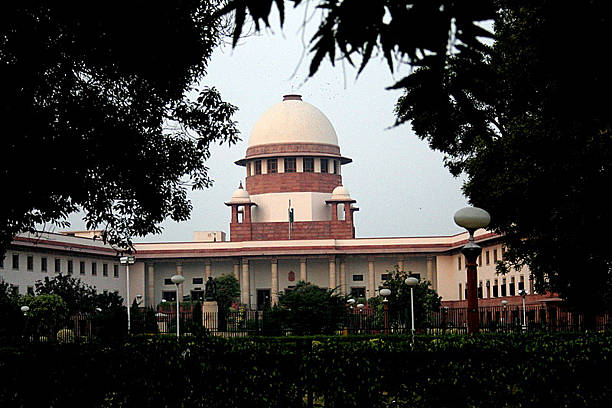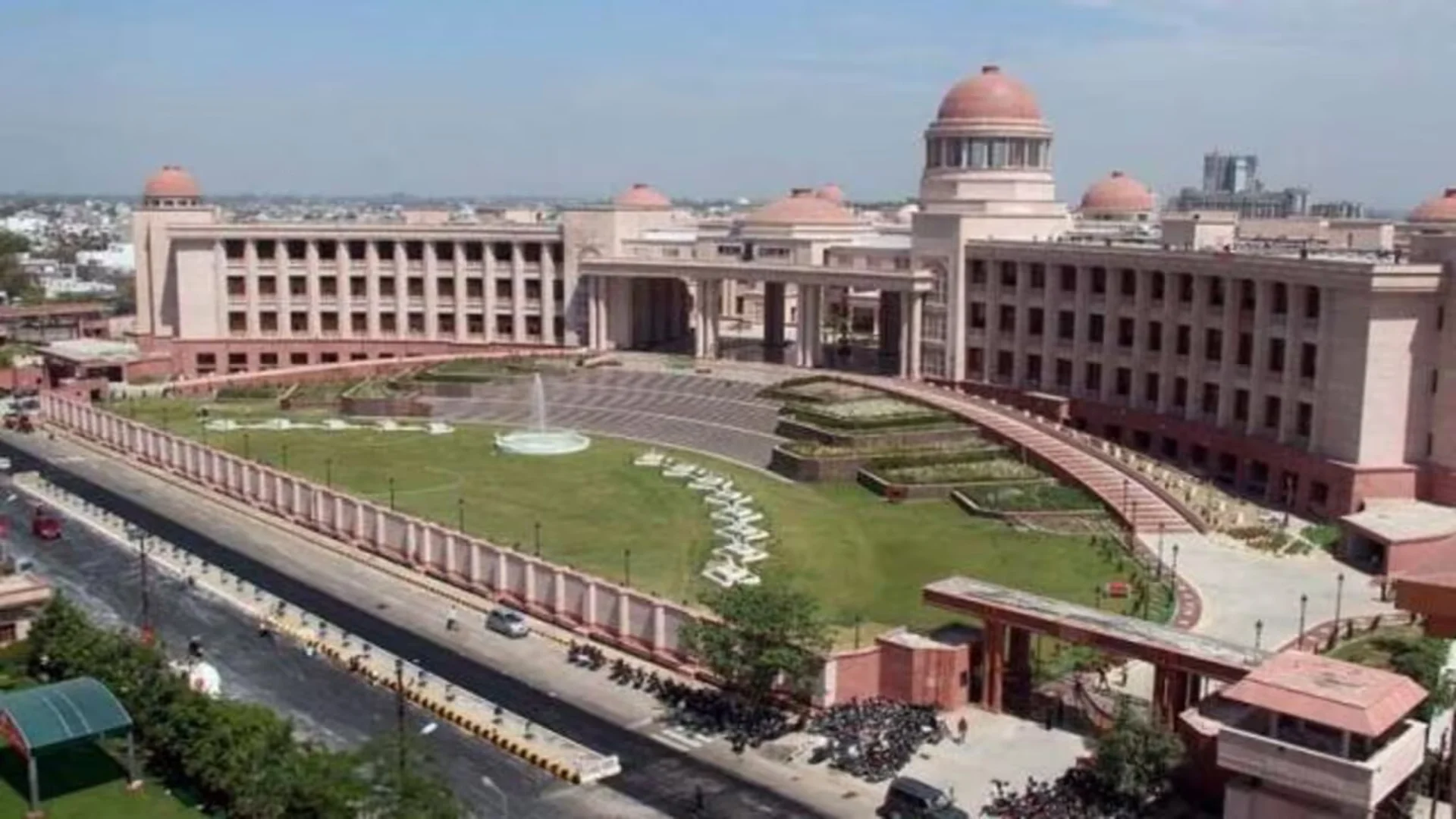
The Supreme Court in the case Manjit Singh Randhawa v. Union of India observed and has elucidated on certain observations contained in the addendum to the decision of the five-judge Bench in the Ayodhya judgment in the case M Siddiq (Dead) Through LRs v. Mahant Suresh Das and Ors, which the court delivered on 09.11.2019.
The bench comprising of CJI, Justice D.Y. Chandrachud and Justice Hima Kohli observed in a plea filled wherein seeking expunging of certain observations in the said judgment. Therefore, the petitioner had taken objection for certain references in the addendum judgment about a defence witness’s statement regarding Guru Nanak visiting the Ram Temple at Ayodhdya.
In the present case, as the matter was called out, it has been indicated by CJI in a plea filled under Article 32 of the Constitution is not maintainable. Thus, he informed the counsel that the effect of the observations in the addendum and the judgment are not the same. Further, it was explained that the addendum does not bear the signature of the judges. It has been recorded by the bench the following clarification in the order, for the satisfaction of the petitioner.
The bench observed that while having set out the legal position, the court close these proceedings with the observation that perhaps the perspective of the petitioner is based on a misappreciation of the decision. However, the decisions cannot be construed for containing any observation reflecting on the faith of the petitioner. Thus, this court has a for the equality of religions which is a fundamental constitutional tenet embodied in Article 25 of the Constitution of India.
Further, the court noted:
The counsel appearing for the petitioner submitted that with these observations, the plea filled may be closed since the grievance is duly assuaged.















